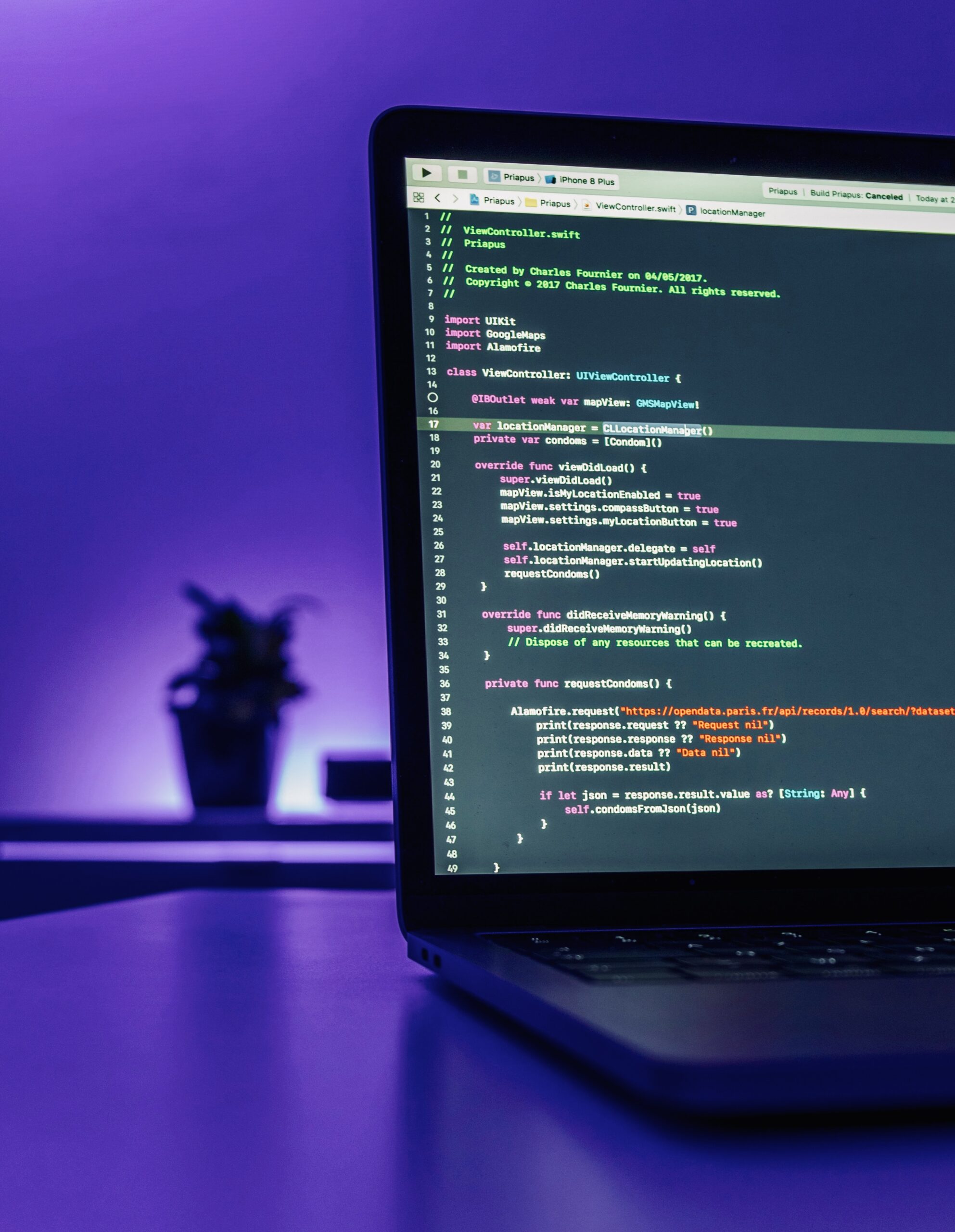Companies like Google and Facebook are expecting to continue to thrive in a world devoid of laws that will deter their efforts or even ways to detect them.
In the book The Ages of American Capitalism: A History of the United States, the author Jonathan Levy identifies four distinct periods of American capitalism. According to Levy, the third period, called the Age of Control, began in 1932 with the election of Franklin Roosevelt. The cataclysmic Great Depression is the event that triggered a seismic change in government economic policy. Many major economic indicators cratered including real Gross Domestic Product falling 29 % from 1929 to 1933 and unemployment reaching 25 % in 1933.1
Because of the significant impact of the Great Depression worldwide many nations that were already bent towards iron-fisted control became even more totalitarian. Despots including Adolf Hitler, Bennito Mussolini and Joseph Stalin claimed that the masses of their nations stood behind their ruling tenets because of the supposed hope for better days that they offered. Mussolini even predicted in 1934 that “the liberal state is destined to perish.”2 There were even powerful people in the United States at the time that were skeptical of our democracy surviving intact. The controversial but influential journalist Walter Lippmann advised Franklin Roosevelt “The situation is critical, Franklin. You might have no alternative but to assume dictatorial power.”3
While Roosevelt did not attempt dictatorship, he was more aggressive in taking control of large swaths of the nation’s public life than any previous president. Roosevelt’s New Deal legislation, which began in earnest in the first 100 days of his administration in1933, added several new mandates and agencies and spurred greater governmental control. As an example, The Agricultural Adjustment Administration (AAA) was created to bolster commodity prices which had collapsed. The AAA’s first actions were intended to produce scarcity which would theoretically increase prices. Among the actions ordered was to plow up 10 million acres of cotton that had already been planted. Millions of piglets and hundreds of thousands of sows were slaughtered without making use of the meat. Milk was poured onto roadsides.4 It is unlikely that these types of government controls would have been tolerated before the Great Depression.
The New Deal introduced the idea of government control and made it acceptable because it offered to improve the extreme economic conditions. Non-defense spending increased from a paltry 1.5 % of Gross Domestic Product (GDP) in 1925 to 5.1 % in 1955. Over the many years since the Great Depression, the share of GDP has continued to increase, accelerating in the 21st century due to the major events of 9/11, the Great Recession, and the Covid-19 pandemic. In 2023, non-defense spending was of 18.6 % of GDP.5 With total U.S. debt now standing at 99.8 % of GDP, the Age of Control is firmly entrenched and is not likely to change anytime soon.6
While the continued advance of governmental control is cause for great concern, unfortunately the government is not the only institution that is exercising significant and covert control over our lives. Many U.S. corporations have established themselves in positions of great power which is termed surveillance capitalism by the author Shoshana Zuboff. In her 2019 book The Age of Surveillance Capitalism, Zuboff highlights the power that has been obtained by many companies including Google, Facebook, internet service providers and even Levi Strauss.
Perhaps the most egregious example of unencumbered corporate control is Google. When Google was founded in 1998 their motto was Do No Evil, and at that time they were adamantly opposed to driving revenue through advertising. That philosophy was quickly abandoned once they realized that cash was leaving Google rapidly, and the company was in peril. The founders, Larry Page and Sergey Brin adopted the model used by another company, Overture.7 They began to develop ranked advertisements and soon discovered what would come to be called behavioral surplus.8 This term refers to the vast amount of data that Google could collect from its users that was not necessary for improving service quality but could be exploited by Google to sell other products to customers.
Acquiring behavioral surplus became an essential pursuit for Google because selling predictions of future behavior became very lucrative. If Google can tell its advertisers that right now is the moment when their target is thinking, speaking, searching or are physically in the vicinity of their product or service they can sell it. Providing greater certainty that the target will spend money on their product on cue is more valuable to an advertiser than any other type of outreach method.
We know that Google gathers an immense amount of users’ data through search requests, but there are other methods they have used and continue to use. One example was related to their Street View project that deployed thousands of cars equipped with cameras to photograph every road and house across the globe. While the public-facing objective of this project was to provide data for Google Maps and Google Earth, there was another more sinister purpose. In 2010 the German Federal Commission for Data Protection reported that the Street View project was a covert operation to collect personal data from private Wi-Fi networks. The cars taking Street View photos were equipped to access Wi-Fi networks and capture data. Google initially denied the claims but as the evidence mounted, they eventually admitted to extracting unencrypted personal information including entire e-mails and URLs as well as passwords.9 Due to this revelation, other nations began investigating and Google was found guilty of violating laws in at least nine countries. The U.S. also investigated, but eventually Google faced no repercussions due to the lack of applicable laws.10
Google’s wearable product, Google Glass, was another surveillance device utilized to spy on the wearer and their surroundings. Google Glass gathered “location, audio, video, photos, and other personal information” and moved it from the device to Google’s servers.11 As the public learned of this surveillance and responded negatively, Google eventually discontinued Google Glass, but not before Sergey Brin declared condescendingly “People always have a natural aversion to innovation.”12 Clearly Google’s leadership has not recognized moral culpability in their surveillance activities. Do you wonder what the active Google Assistant on your nightstand or your smartphone might be gathering right now?
Google and Levi Strauss formed a partnership to create what they called “interactive denim” which was brought to market in September 2017. The clothing products have sensors that can see through the fabric and capture data including subtle hand gestures that can supposedly “infer behavior.” This inferred behavior is then used by Levi Strauss to further sell their products.13
Social media platforms also gather vast amounts of data from their users. In 2012 researchers at Facebook published a letter in Nature magazine that provided the results of a study they had conducted regarding political mobilization. In the study Facebook determined that face-to-face voter mobilization efforts (including the old-fashioned door knocking programs) can be effective in voter mobilization. But they also discovered that those efforts are very costly and typically only reach a small segment of the population. However, with the reach that Facebook has with hundreds of millions of users, they determined that “the ability to reach large populations online means that even small effects could yield behavioral changes for millions of people.” 14
Facebook conducted their “experiment” with millions of real subjects during the election of 2010. Facebook planted messages across their platform to encourage users to vote and then tracked the effects of social contagion to spur action through continued spread and tracking those who clicked an “I voted” button. They estimated that the experiment “increased turnout directly by 60,000 voters and indirectly through social contagion by another 280,000 voters, for a total of 340,000 votes.”15 This proved to be an incredibly effective method to affect voter turnout. The article inferred that there was no directional partisan effect of their experiment, but what Facebook has done since 2010 to affect voter turnout for their preferred party is not completely known. We do know, however, that Mark Zuckerberg has recently published an open letter admitting to collusion with the Biden administration to censor unwanted speech since the election of 2020. Since the 2010 project included 61 million users, the most recent statistic of 3 billion monthly users suggests a far greater reach today for Facebook.
The companies that perform this type of surveillance and behavior modification have been relatively secure in their ability to continue their efforts without government interference. These technology companies (and their partners) believe that they move faster than any government authority’s ability to keep up. By the time any government agency or representative discovers and understands what they are covertly doing, they have moved on to the next thing. In the words of Zuboff, “Any attempts to constrain or intervene are fated to be ill-conceived and stupid.”16 To help fortify their protections, Google and other tech companies employ aggressive lobbying efforts, have created a revolving door of personnel between the Obama and Biden administrations in particular, and employ aggressive efforts to influence academic work.17 Companies like Google and Facebook are expecting to continue to thrive in a world devoid of laws that will deter their efforts or even ways to detect them.
Perhaps the most frightening application of surveillance technology tied to behavioral modification is the Chinese Communist Party’s (CCP) social credit system. China uses its vast supply of personal data as a lever to alter (or as the CCP says, improve) citizens’ behavior. The CCP knows everything about its citizens: who they know, who their friends know, what they buy, where they go, what they search, etc. This data is then categorized as “good” or “bad” behavior, and punishments or rewards are implemented accordingly. Those whose behavior is considered bad can have repercussions such as: travel restrictions by air or train, inability to purchase certain goods, inability to obtain credit, loss of birth permits to have children, among other punishments.18 Once an individual’s social credit score is considered blacklisted their friends notice and quietly drop them as a contact. This activity hits the algorithm, and their social score drops further. As the CEO of a company involved in this social credit system brags, “The bad people in society don’t have a place to go, while good people can move about freely and without obstruction.”19
In the meantime, we the users of apps and services are trapped in a system in which things like accepted cookies and terms of service often provide entrance to many other contractual permissions of surveillance that we are not even aware of. We have no idea how many corporations or agencies get this data without our knowledge and use it in ways we can’t know about. Imagine the power wielded if the Age of Control government teamed up with the surveillance industry. Oh wait, they have. Shadow-banning, de-banking and other punishments for unapproved behavior are happening now. Some trend watchers believe that the next stage of this intersection of government and surveillance industry is social scoring here, most likely not directly by the government but in coordination with private interests.20 The question is, will we accept it as the price of connection?
In the words of Shoshana Zuboff, we are now living in a world in which “There is no exit, no voice, and no loyalty, only helplessness, resignation and psychic numbing.”21 In George Orwell’s dystopian masterpiece novel 1984, the most famous line was “Big Brother is watching you.” Today, it is more accurate to say Google is searching you. Even though his timing was off by forty years, Orwell’s dystopian warning is rapidly becoming our reality, if we let it happen.
Notes:
1 USA Facts, Department of the Treasury.
2 Jonathan Levy, Ages of American Capitalism: A History of the United States, (New York, Random House), 397.
3 Ibid.
4 Ibid., 408.
5 Chris Edwards, Cato Institute Blog, March 16, 2023.
6 Ibid., USA Facts.
7 Shoshana Zuboff, Surveillance Capitalism: The Fight for a Human Future at the New Frontier of Power, (New York, PublicAffairs), 85.
8 Ibid., 75.
9 Ibid., 142.
10 Ibid., 145.
11 Ibid., 155.
12 Ibid., 156.
13 Ibid., 245.
14 Robert M. Bond, Christopher J. Fariss, Jason J. Jones, et al, “A 61-million-person experiment in social influence and political mobilization,” Nature, Vol. 489 (September 13, 2012): 295.
15 Ibid., 297
16 Ibid., Zuboff, 104.
17 Ibid., 122.
18 Ibid., 391.
19 Ibid., 390.
20 Andrey Mir, “The Platform Paradox”, City Journal, Volume 34, No. 3, (Summer 2024), 91.
21 Ibid., Zuboff, 94.






Leave A Comment
You must be logged in to post a comment.